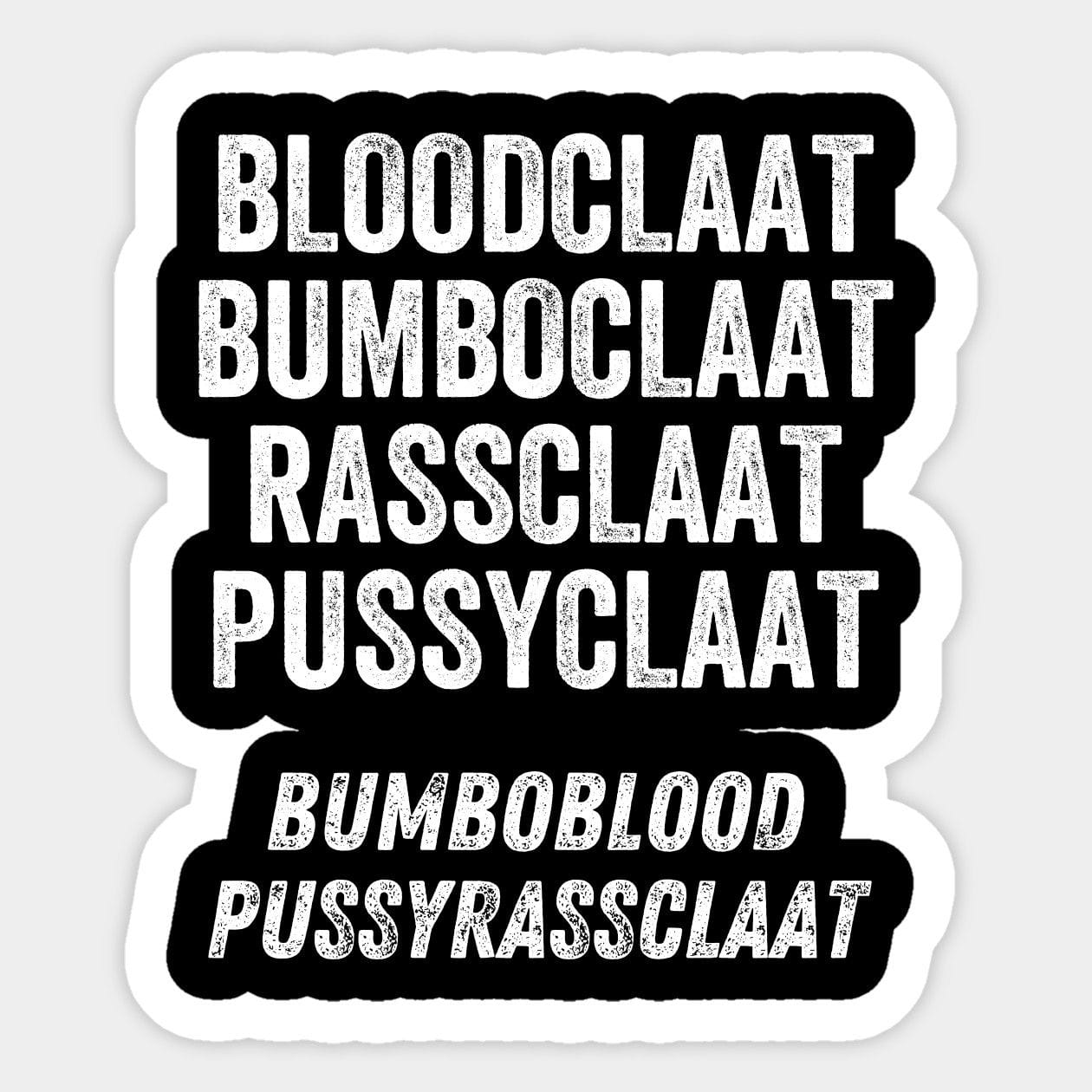Decode the vibrant language of Jamaica: Master essential slang phrases and Patois expressions to connect with local culture on a deeper level. From “Wah Gwaan” to “Irie,” explore the rich tapestry of Jamaican slang, uncovering its origins, meanings, and usage in everyday conversations. Speak like a local: Boost your travel experience by learning authentic Jamaican sayings, proverbs, and street slang. More than just words: Discover how Jamaican slang reflects the island’s history, music, and vibrant spirit.
Understanding Jamaican Slang: A Quick Introduction
Jamaican slang primarily derives from Jamaican Patois (Patwa), an English-based creole language infused with West African rhythms and vocabulary. It’s a fascinating linguistic blend, reflecting the island’s diverse cultural heritage, with hints of Spanish, Portuguese, and even the indigenous Arawak language woven into its fabric. Understanding a bit of Jamaican slang can significantly enhance your travel experience, allowing for deeper cultural immersion and easier communication with locals. While often used interchangeably, it’s important to note that slang refers to informal phrases, while Patois encompasses a broader linguistic system with its own unique grammar and structure.
Essential Jamaican Slang Phrases and Meanings
Ready to sprinkle some Jamaican flavor into your conversations? Here’s a breakdown of common phrases, organized by theme, to get you started:
Greetings and Salutations
- Wah Gwaan? (What’s going on?): Think of this as the Jamaican “What’s up?” Even Barack Obama has been known to use this classic greeting!
- Yow: A super casual “Yo” or “Hey,” best reserved for close friends and family.
- Ello: The more formal “Hello,” appropriate for meeting new people or elders.
- Greetings: A formal greeting used in respectful situations.
Everyday Expressions
- Ya Mon: (Yes, man): Expresses agreement, affirmation, or pure enthusiasm. Picture yourself nodding along to some reggae, a wide grin on your face – that’s the “Ya Mon” spirit.
- Irie: (Alright): This little word is all about good vibes. It can describe a positive feeling, a cool situation, or even a chill person. “Everything irie, mon!”
- Mi Deh Yah: (I am here): More than just stating your location, this phrase suggests presence, agreement, or understanding. It’s like a verbal check-in, saying, “I’m with you.”
- Small Up Yourself: (Respect yourself): A phrase of encouragement and self-respect, reminding yourself and others to recognize their worth.
- Cha/Cho: A playful nudge to hurry up, expressing mild impatience.
Descriptive Slang
- Babylon: A Rasta term for the police or oppressive systems.
- Bling: Flashy jewelry, often gold chains. Think of it as a visual representation of success and style.
- Bout: Short for “about,” keeping things nice and concise.
- Dread: Refers to someone with dreadlocks, a hairstyle deeply connected to Rastafarian culture and identity.
- Jammin’: Having a good time, enjoying the music, and soaking in the positive energy. It’s a state of being, a celebration of life.
- Natty: Another term for dreadlocks, emphasizing their natural and unprocessed beauty.
- One Love: A powerful expression of unity, peace, and connection, popularized by Bob Marley. It’s a reminder of our shared humanity.
- Rass/Raas: A strong exclamation, similar to “ass,” often used to express frustration or surprise.
- Vex: Angry or annoyed, a feeling we all experience from time to time.
- Zeen: “You understand me?” A way to check in and ensure everyone’s on the same page.
Popular Jamaican Sayings
- Likkle More: (See you later): A casual farewell, suggesting a future reunion.
- Walk Good: (Goodbye): A warmer, more heartfelt goodbye, wishing someone a safe journey.
- Boonoonoonoos: Expresses intense love or appreciation for something truly special.
- Nuff Respect: Shows great respect or admiration for someone’s accomplishments or wisdom.
- Yuh Dun Know: (You already know): Signifies shared understanding, that unspoken connection when you’re both on the same wavelength.
- Yu Large: (You’re awesome): A fantastic compliment to boost someone’s spirits.
- If a dirt, a dirt: Embraces acceptance of unavoidable situations. It’s a philosophy of resilience, letting go of what you can’t control.
- Pon di ting: Laughing uncontrollably, often to the point of tears.
- JJ Did Tie Buckle: Everything is alright; a way to express that things are under control.
Delving Deeper into Patois
While the phrases above offer a taste of Jamaican slang, Patois itself boasts a unique grammatical structure, often simplifying verb forms and sentence construction. For instance, “Mek wi move” (Let’s go) showcases this streamlined approach. Ongoing linguistic research continues to unravel the intricacies of Patois, revealing its dynamic and evolving nature.
Jamaican proverbs offer glimpses into the island’s cultural values. “A nuh every day sun shine,” reminds us that challenges are a natural part of life, encouraging resilience and hope.
Music is inseparable from Jamaican language. Reggae and dancehall artists, like Bob Marley with his iconic “One Love,” infuse their lyrics with Patois, spreading its influence globally and showcasing its rhythmic beauty.
Respectful Usage and Further Exploration
Just like any language, approach Jamaican Patois with respect. Avoid using phrases if you’re unsure of their meaning, and be mindful of cultural sensitivity. Authentic engagement comes from genuine interest and appreciation.
Jamaican slang evolves constantly, reflecting social and cultural shifts. New phrases emerge while others fade, making it a dynamic and living language. The Iraqi city on the Tigris demonstrates how language and culture are intertwined, just as in Jamaica. Regional variations add further complexity, highlighting the diversity within the island itself.
Want to dive even deeper? Resources like HeyJamaica.com, Neily Hype, Exploring Caribbean, Jamaicans.com, Jamaica Cafe, and the Sandals Resorts Blog offer comprehensive lists and insightful explanations. And remember, the best way to learn is by immersing yourself in the culture – listening, observing, and interacting with Jamaicans themselves. Who knows, you might even discover some hidden linguistic gems along the way!
- Unlock Filipino Culture: A Deep Dive into Traditions and Practices - April 23, 2025
- Unlock Spanish Culture: Insights & Opportunities Now - April 23, 2025
- White Spirit Uses & Substitutes: A Deep Dive for Pros & DIYers - April 23, 2025
















